
In its latest Business Outlook, property specialists Christie & Co reported that it had sold 60% more stores in 2021 than in 2020, and 70% more than in 2019.
It added that over the last five years, there has been a 50% increase in the number of offers achieved for each business it markets.
Managing director of Retail at Christie & Co Steve Rodell said: “Last year was unexpectedly positive and these buoyant transactional volumes reflect the success of convenience in the face of uncertainty. For our team of retail experts to conclude 70% more transactions than pre-Covid in 2019 is phenomenal and testament to how hard everyone has worked to service their client base.
“Retail saw winners and losers in the last year. Most retailers have benefited from increased sales because of the changes in consumer behaviour. However, rising inflation will present a number of real challenges – especially for independent operators who’s infrastructure may not be so well equipped to absorb large increases in the cost of goods, utilities and wages.”
Speaking to ConvenienceStore.co.uk, Christie & Co managing director of retail Steve Rodell said that demand is continuing to outstrip supply in the channel but warned that rising costs will have an impact on the sector.
“There’s been pretty consistent growth over the five years. We’ve picked up more corporate work which is systematic of rising costs. Over the past five years, we’ve seen wage costs go up as well as inflation which going forward could be a big problem.
“Independent retailers will be susceptible to inflation, particularly around energy costs and supply chain costs, and they won’t be able to pass all of those increases onto the customer.”
He said these rising costs may not lead to a rise in sites going on sale and that demand is expected to continue to outstrip supply. “Operators are constantly looking at their estate and deciding if their worst-performing store is worth keeping on and I don’t expect that to change. The good news for these operators is that there’s no shortage of people wanting to get into the industry.”
Christie & Co noted a demand for sites based in national parks and in coastal towns. Rodell said this demand will depend on the British public’s appetite for overseas travel.
“What’s the mental attitude of the UK holidaymaker now? Are we suddenly going to see people in their droves go abroad? If holidaymakers continue to stay in the country, we can see that will support stores in those areas however that might be a short-term outlook.
The report also noted that consolidation would continue in 2022. “Through our corporate work, we are creating estates of 10-20 stores - there’s definitely interest in acquiring these size groups due to the economies of scale.”
On changing fuel types, Rodell said the rise of electric vehicles is being overstated. “Mainstream media reports are constantly highlighting the sharp percentage increase in EV (electric vehicle) sales. Yes, 11.6% of all vehicles sales in 2021 were EV’s – an increase of 76%. But that equalled only 190,727 cars. The absolute number of EV’s in relation to the UK ‘car park’ of 32 million cars remains miniscule. Perhaps in 15-20 years after the ban on selling petrol and diesel vehicles has kicked in we will see this number pick up more pace. In the meantime, retailers who want to exit can take advantage of a buoyant market – whether at large group level or single site. We remain in constant conversation with buyers and sellers at every level and only this will enable us to keep providing accurate market advice to those choosing an exit.”




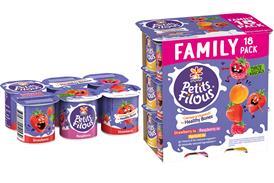
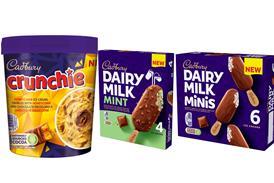
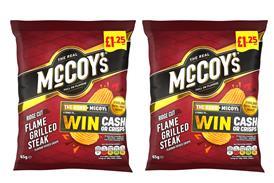
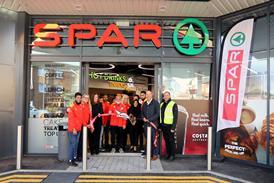








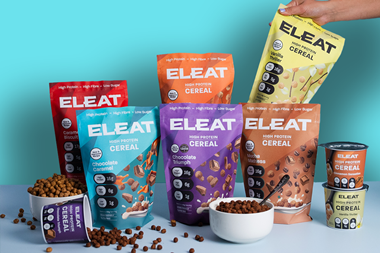
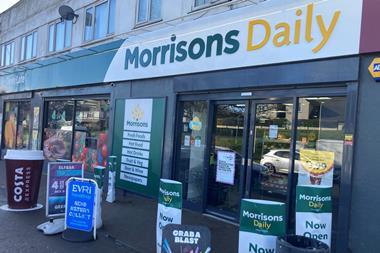
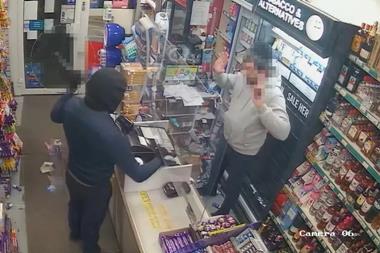

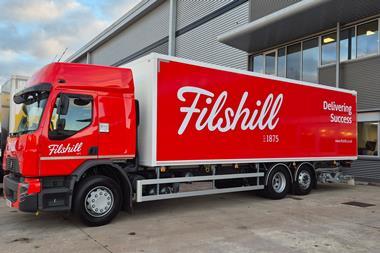

No comments yet